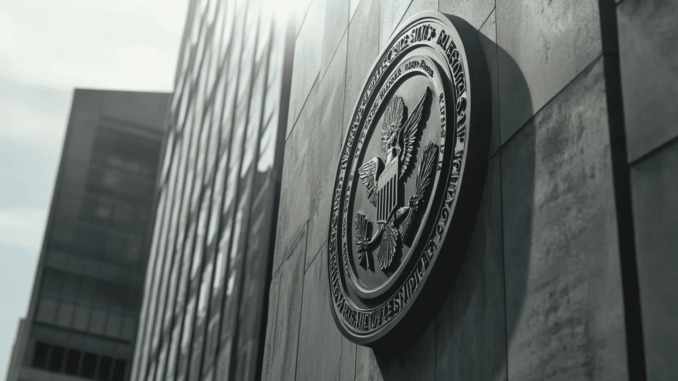
Gary Gensler Says Crypto Rules Already Exist Amid Coinbase Dispute
United States Securities and Exchange Commission (SEC) Chair Gary Gensler has rejected Coinbase’s demand for clear crypto regulations, asserting that the current laws are already sufficient. Speaking at the Financial Markets Conference on May 15, Gensler reiterated that most digital assets fall under existing securities frameworks.
When asked why the SEC had not introduced specific rules for the crypto industry, Gensler responded: “The rules have already been published.” He emphasized that crypto businesses have been operating “largely non-compliant” and that technological innovation does not exempt them from established laws.
“To make it quite direct: this is a field that has been operating largely non-compliant. There’s nothing about a new technology that makes it non-consistent with the public policies that Congress has laid out,” Gensler stated.
Gensler’s Stance on Crypto as Securities
The SEC chair has consistently argued that most crypto assets — excluding Bitcoin — meet the definition of securities under the “investment contract” test. According to Gensler, if the public invests money expecting profit from the efforts of others within a common enterprise, that qualifies as a security.
“There’s financial intermediaries, nodes in the network, and they need to come into compliance if they’ve got securities on their platforms,” he added.
Gensler also noted that the SEC has already established requirements for custody, exchange operations, broker-dealer licensing, and securities registration, implying that crypto firms should align with these standards rather than demand new ones.
Coinbase Pushes Back for Regulatory Clarity
Coinbase, one of the largest U.S. crypto exchanges, has been at the forefront of challenging the SEC’s approach. The company argues that the regulator’s enforcement-heavy tactics create uncertainty for compliant firms trying to operate within the law.
In April, Coinbase filed a motion in federal court asking the SEC to publicly clarify its stance on a July 2022 petition calling for specific crypto regulations. The exchange claims that the SEC has failed to provide adequate guidance for the industry despite ongoing enforcement actions.
The U.S. Chamber of Commerce recently supported Coinbase’s position, criticizing the SEC’s lack of transparency in a May 9 amicus brief:
“The SEC has deliberately muddied the waters by claiming sweeping authority over digital assets while deploying a haphazard, enforcement-based approach.”
Broader Industry Criticism
Other organizations, including Andreessen Horowitz (a16z) and the Blockchain Association, have echoed Coinbase’s criticism. They argue that the SEC’s proposed updates to custody rules unfairly target crypto companies while failing to account for the unique characteristics of digital assets.
Coinbase Chief Legal Officer Paul Grewal sent a letter to the SEC on May 8 urging revisions to these proposals, stating that they rely on improper assumptions about how crypto custodians operate.
The Road Ahead for U.S. Crypto Regulation
The dispute between Coinbase and the SEC has intensified the debate over how digital assets should be regulated in the United States. While Gensler maintains that the current legal framework is sufficient, many in the crypto sector believe that new, fit-for-purpose legislation is necessary to foster innovation and protect investors.
As the tension escalates, the outcome of Coinbase’s legal challenge may help determine whether the SEC’s enforcement-driven strategy will continue to dominate or if Congress will step in to define clearer rules for the U.S. crypto industry.


